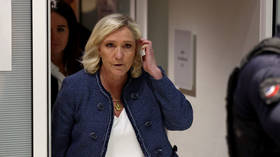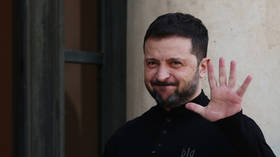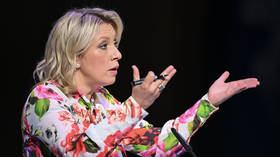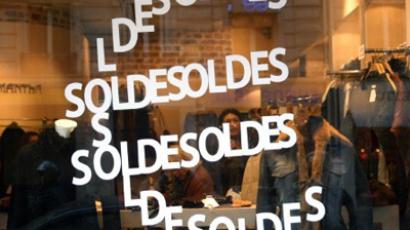EU summit kicks off amid strikes
Bad debt, austerity measures and a cash top-up for Europe's bailout fund are among the main themes for the EU summit which started in Brussels on Monday evening.
The meeting got off to a tense start as once again the subject of Greek credit cast a shadow over the talks.All countries of the European Union apart from Britain and the Czech Republic have decided to sign up to a new treaty designed to stop overspending by eurozone countries. The 25 states are ready to sign up to the treaty, known as the fiscal compact.The countries’ leaders have also pledged to provide more training for young people to ease their transition into the workforce and to deploy unused development funds to create jobs.Jobs is a key word for the meeting, as the average unemployment rate in the European Union stands at around 10 per cent, while going as high as 23 per cent in countries like Spain.It is expected that the 17 members of the eurozone may meet after the EU summit for further discussions. The talks between Greece and its creditors are expected to become the main topic of these talks, should they take place. But German Chancellor Angela Merkel insisted that the question of a second aid package for Greece is not going to be on the table.“We won’t have a thorough discussion of Greece because the troika is in Greece and we don’t have a result of the talks with the banks,” Merkel said.Simultaneously, Belgium is holding a general strike involving both public and private sectors. People are protesting against the government’s moves to make it harder for them to retire early, as well as slashing unemployment benefits. All these measures are part of the government austerity plan put forward to bring down the country’s deficit to three per cent – the level accepted in the EU.
Paul Nuttall, a Member of the European Parliament from the UK Independence Party says the issue with Greece is clearly political.“This is a political project, it is not about economics. What would make economic sense is for Greece to come out of the euro altogether and go back onto the drachma,” he explained.Nuttall also says EU leaders are playing behind people’s backs trying to put through their legislations. “This is a clear affront to democracy. European leaders are trying to bypass people in making their decisions,” he said.When asked about EU perspectives in the near future, the politician did not give an optimistic prediction.“The tension between the countries – particularly between the north of Europe and the south of Europe – is only going to get greater. What you’ve got, is protests in the south and what we are seeing in the north is a political revolution where new parties are springing up and eurozone-skeptic parties are getting better results than ever before.”















